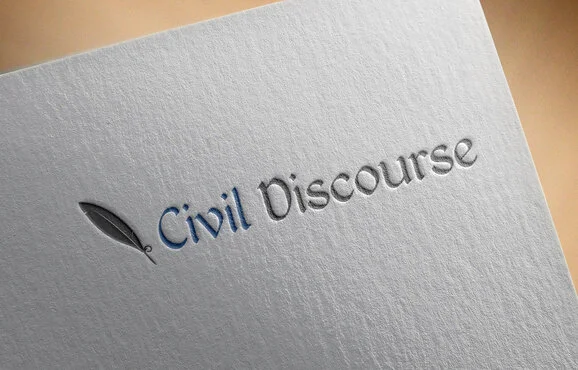How does the Fourteenth Amendment to the Constitution relate to a group of disgruntled butchers? In 1873, the United States Supreme Court struggled to answer exactly this question.
Perhaps no image better captured the tumultuous and confused nature of the Reconstruction Era than former Supreme Court Justice John Campbell during the 1873 Slaughter-House Cases. A former slave owner who served as the Assistant Secretary of War for the Confederacy, Campbell oddly found himself arguing against states rights in an attempt to overturn a Louisiana state statute. When the Reconstructionist, Republican-dominated legislature of Louisiana incorporated all the slaughterhouses within New Orleans, giving a single company the exclusive right to slaughter within the city, no one expected the butcher’s protests to lead to the first interpretation of the new Fourteenth Amendment by the nation’s highest court. Campbell, however, quickly saw an opportunity.
Read More









